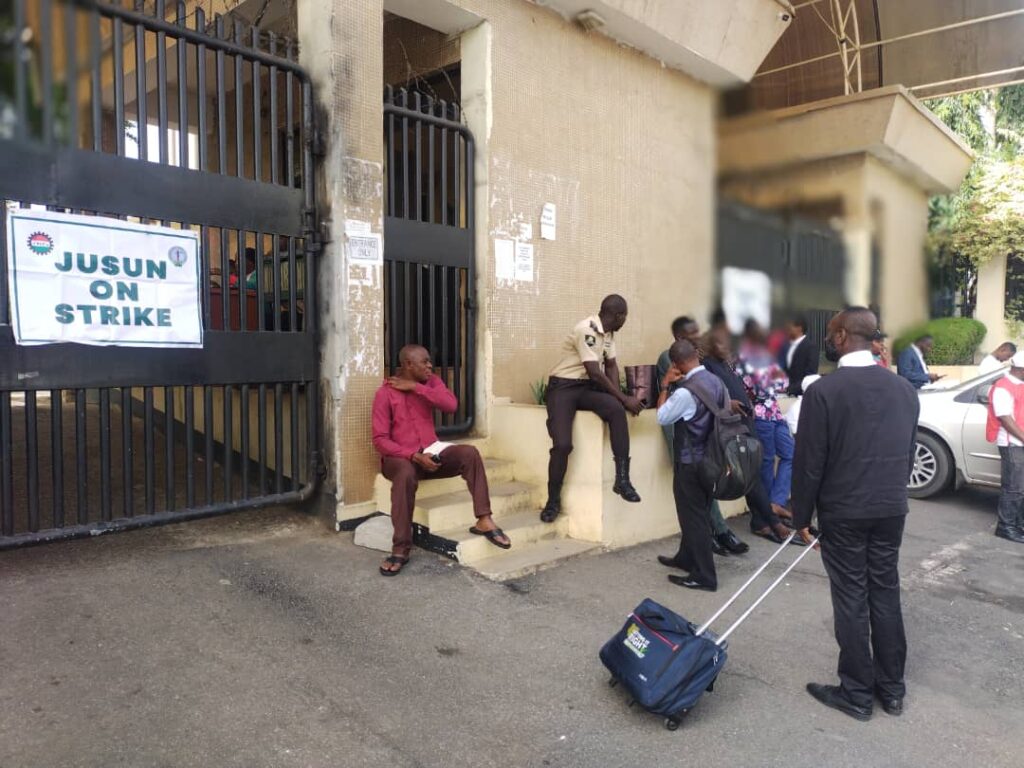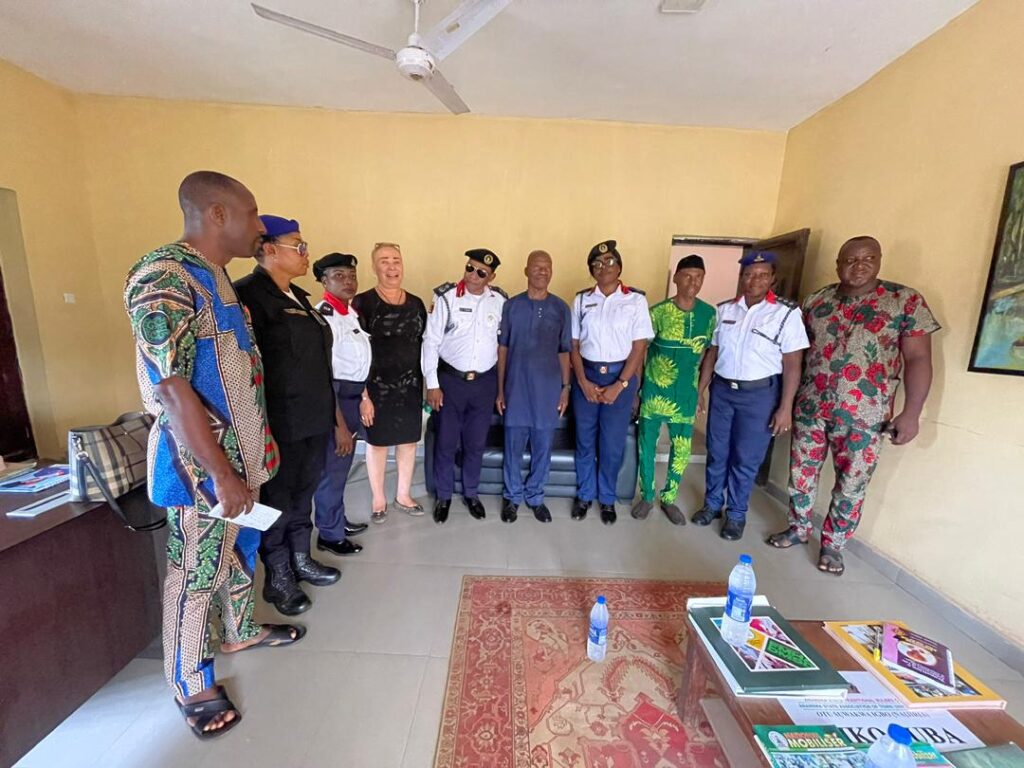
The Centre for Democracy and Development (CDD) has urged the Independent National Electoral Commission (INEC) to be neutral in the Saturday’s governorship election in Ekiti State.
The Chairman of the CDD Election Analysis Centre (EAC), Professor Adele Jinadu, made the call on Friday in a pre-election statement in Abuja.
‘CDD EAC notes that although INEC has made commitments to conduct a credible election in Ekiti State, its success in this regard would depend on its neutrality, professionalism and the level of its understanding and commitment to the new legal framework.
“The credibility of the process would also depend on how well INEC uses some of its new powers as derived from the extant electoral law, especially the power conferred on the commission to delay the release of election results, if the commission needs to take a second look,” he said.
Jinadu furrher noted that the June 18, 2022 Ekiti State Governorship election is significant because it will serve as the first dress rehearsal as the INEC prepares for the 2023 general elections.
According to him, the election will also be the first to be conducted under the Electoral Act, 2022, and the new INEC guidelines and regulations for conduct of elections.
He, however we expressed concerned about violence, money politics and violations of incumbency powers and the possible effects of these on the credibility of the election in the state.
“CDD EAC notes that Ekiti State, has recorded several incidents of violence during previous elections.
“In the build up to the 2022 governorship election, pockets of election-related violence have been recorded in places like Ado Ekiti, Efon Alaiye, Oye, Ido/Osi and Oye Ekiti.
“Other observable issues, which would shape the credibility of the election include; how well INEC is able to effectively deploy technology, particularly the Bimodal Voter Accreditation System (BVAS), impartial security provisioning, the quality of results management, curtailing the role of money, incumbency and god fatherism in the election.
“Also critical is the need for stakeholders in the election to proactively track, and counter fake news and misinformation.
“Already, the pre-election period has witnessed the spread of fake news capable of undermining voter confidence and participation in the process.
“An example is the fake news which trended recently on a purported Appeal Court decision nullifying the primaries of one of the major political parties and, by extension, its candidate.
“In terms of some of the election risk factor, CDD notes that the ongoing strike by the Academic Staff Union of Universities ( ASUU) has crippled the local economy especially in university towns in Ekiti State.
“This has created a threat in terms of the availability of idle youth being recruited for activities, which could undermine the credibility of the election.
“By grounding the local economy, the strike has also created the wrong incentives as voters are more likely to see the election as an opportunity for economic survival, thereby exacerbating the risk of vote buying.
“This becomes even more relevant when it is considered that Ekiti State introduced the issue of “stomach infrastructure” into the Nigerian political lexicon.
“CDD has also observed that based on history of past violence in elections in the state, the following Local Government Areas, constitute potential flash points in the election; Ado Ekiti, Efon Alaiye, Ido/Osi, and Oye,” Jinadu concluded.



